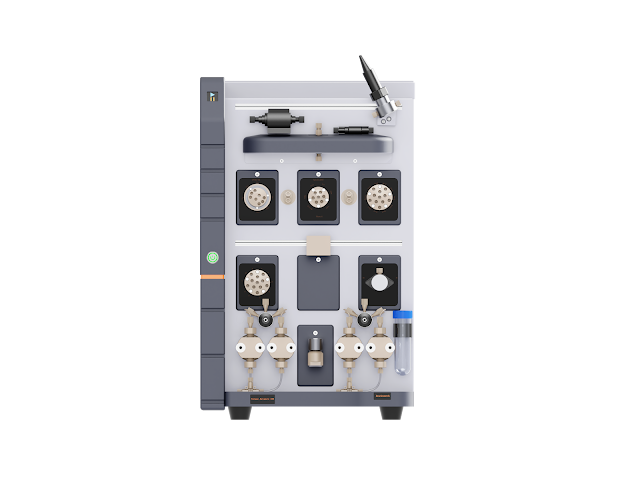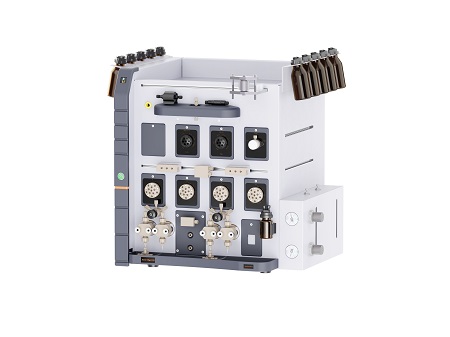Chromatography and Oligonucleotide Synthesis: Pioneering Techniques in Modern Science
.jpg)
Scientific innovation is constantly driven by methods that provide precision and efficiency. Chromatography and oligonucleotide synthesis have both emerged as groundbreaking techniques with far-reaching impacts across industries. These tools are not only central to research but are also transforming how medicine, genetics, and biotechnology operate. This article delves into their essential roles, the advancements they enable, and their prospects. Overview of Chromatography Chromatography is a versatile and widely used laboratory technique for separating mixtures into their components. The principle behind chromatography is based on the varying rates at which different compounds move through a medium under a given set of conditions. Whether it’s identifying pollutants or ensuring the purity of pharmaceuticals, chromatography plays a critical role. Its capacity to break out and examine difficult combinations has transformed several sectors and provided before unheard-of understandin...








